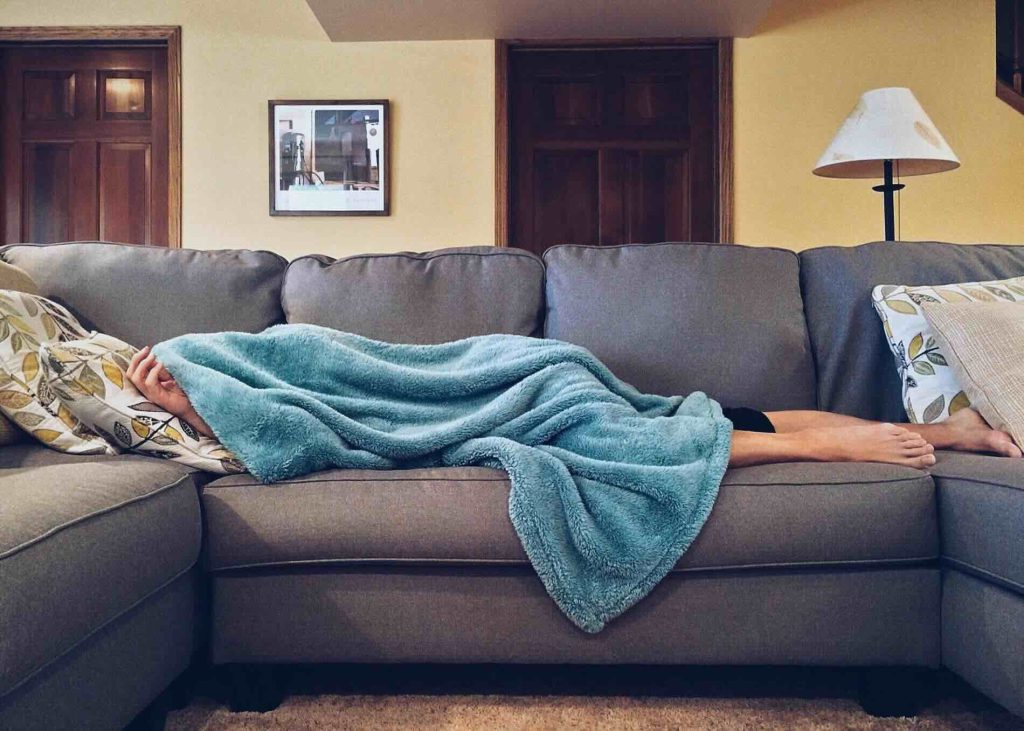We’ve all pulled an all-nighter or two—whether to meet a deadline, care for a newborn, or binge that irresistible Netflix series. But while it might feel like a minor trade-off, consistent sleep deprivation quietly chips away at our brain’s ability to function—and not just a little. We’re talking focus, memory, emotional stability, and even long-term mental health. Sound extreme? It is.
So, what exactly happens inside your head when you don’t get enough sleep? Let’s peel back the covers and take a closer look—starting with what your brain is actually doing when you sleep.
What’s Going On In Your Brain While You Sleep?
When your body winds down for the night, your brain doesn’t hit pause—it kicks into high gear. Think of it like your brain’s version of overnight housekeeping. It filters out toxins, files away new memories, reboots emotional regulation systems, and gets you ready to perform the next day. Research from the NIH confirms that deep sleep helps flush waste proteins, like beta-amyloid, linked to Alzheimer’s disease. Now imagine what happens when that system gets interrupted night after night…
1. Focus Tanks, Learning Slows
Ever tried learning something new after a sleepless night? It’s like trying to download files with a broken Wi-Fi connection—slow and frustrating. That’s because sleep strengthens neural pathways, helping you absorb and retain new information. Without it, focus wavers, attention span shortens, and critical thinking takes a nosedive.
Parents and teachers weren’t wrong when they insisted on a full night’s sleep before a big test. It’s not just about feeling rested; your brain literally needs sleep to cement knowledge.
2. Reaction Time Slows—A Lot
Sleep deprivation doesn’t just make you yawn more—it dulls your reflexes. Whether you’re behind the wheel, making split-second decisions at work, or just trying to follow a conversation, slow reaction times can cost you. A CDC study shows drowsy driving is comparable to drunk driving in terms of delayed response time. Sobering, right?
3. Emotional Balance Gets Thrown Off
If you’ve ever felt snappy, overly emotional, or anxious after a rough night’s sleep, you’re not imagining it. Chronic sleep loss disrupts the brain’s ability to regulate emotions, increasing stress hormones like cortisol. Over time, this emotional volatility can fuel anxiety and even depression. In fact, people with insomnia are ten times more likely to develop clinical depression.
4. It Takes a Toll on Physical Health, Too
Your brain doesn’t operate in a vacuum—it’s part of a whole-body system. Sleep plays a critical role in physical repair, hormone regulation, and immune defense. Consistently poor sleep increases your risk for chronic illnesses like heart disease, stroke, type 2 diabetes, and even some cancers. Sleep isn’t just a luxury—it’s a physiological necessity.
5. Your Creativity Gets Stuck in a Rut
Ever noticed that your most original ideas come after a good night’s rest or right when you wake up? That’s not a coincidence. REM sleep—the dream phase—enhances the brain’s ability to form novel connections and associations. Studies from The Dana Foundation suggest that sleep fuels creative thinking and problem-solving by reorganizing information in unexpected ways.
So, if you’re hitting a creative block, try hitting the pillow instead of the panic button.
6. Productivity and Performance Drop
No matter how many energy drinks you chug, nothing replaces actual sleep. Lack of sleep dramatically reduces your brain’s ability to focus, solve problems, and stay productive. Caffeine can provide a short-term boost, but overuse leads to crashes, jitteriness, and even increased anxiety. Plus, too much caffeine disrupts sleep even further—creating a vicious cycle.
Want better productivity? Start with a consistent sleep schedule and a winding-down routine at night. Your brain will thank you in the morning.
7. Memory Becomes Fuzzy
Sleep is the glue that holds our memories together. According to WebMD, there are three stages of memory: acquisition, consolidation, and recall. Sleep—particularly deep and REM sleep—helps with all three. Without it, not only do you forget what you’ve learned, but you struggle to even form new memories in the first place.
That “where did I put my keys?” moment? It might just be a side effect of poor sleep hygiene.
Final Thought: Prioritize Sleep Like Your Brain Depends On It—Because It Does
The bottom line? Your brain isn’t just affected by sleep—it depends on it. Whether you’re trying to stay sharp at work, protect your mental health, or simply feel like yourself again, prioritizing quality sleep is one of the smartest moves you can make.
So tonight, ditch the late-night scrolling, silence those notifications, and give your brain the recharge it deserves. What’s one change you can make today for better sleep tomorrow?
- How Automated Dispensing Cabinets (ADCs) revolutionized point-of-care medication administration? - November 23, 2021
- How to Select the Best and Most Affordable Fitness Tools - October 31, 2021
- What is Causing the Trend of Nursing Turnover and How to Stop It - August 24, 2021


